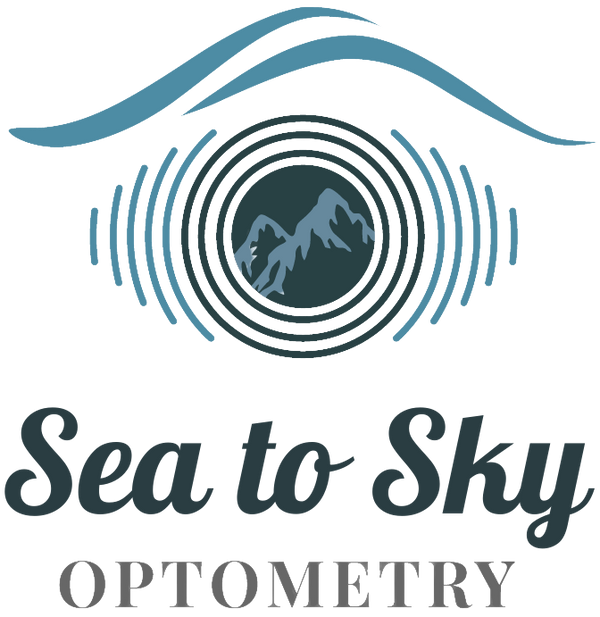Convergence insufficiency is a common vision disorder that affects the ability of the eyes to work together when focusing on nearby objects. This condition can have a significant impact on daily activities such as reading, writing, and using digital devices. Understanding the symptoms of convergence insufficiency is crucial for early detection and appropriate management.
What are the common symptoms of convergence insufficiency?
Individuals with convergence insufficiency may experience a range of symptoms, including eye strain, double vision, headaches, blurred vision, and difficulty concentrating. These symptoms often worsen during activities that require sustained near vision, such as reading or using a computer. Some people may also report feeling fatigued or experiencing discomfort around the eyes.
How prevalent is convergence insufficiency?
Convergence insufficiency is estimated to affect around 5-15% of the general population, making it one of the most common vision disorders. This condition can occur in both children and adults, although it is more frequently diagnosed in school-aged children. Early detection and intervention are essential to prevent long-term visual discomfort and academic challenges.
Can convergence insufficiency be treated?
Fortunately, convergence insufficiency can be effectively managed through vision therapy, which involves a series of exercises and activities designed to improve eye coordination and focusing abilities. In some cases, specialized glasses or prisms may be prescribed to alleviate symptoms and enhance visual comfort. It is important to consult an eye care professional for a comprehensive evaluation and personalized treatment plan.
By recognizing the symptoms of convergence insufficiency and seeking appropriate care, individuals can improve their visual comfort and quality of life. Regular eye exams are essential for early detection of vision disorders and timely intervention. If you or a loved one experience any of the symptoms associated with convergence insufficiency, don't hesitate to schedule a comprehensive eye evaluation with a qualified optometrist.


